Written by Tarah Peek
For much of my life, before I learned about Wu Wei, I wore struggle as a badge of honor.
I believed that only through relentless effort could I carve a path to fulfillment.
I pushed through exhaustion, ignored the whispers of my soul, and forced outcomes into existence.
Exhaustion always seemed to turn into burnout.
The Paradox of Trying Too Hard
Overexertion and overemphasis on performance often give rise to a counterproductive cycle, famously called ‘the Inner Game,’ marked by self-doubt and subpar performance, which can be self-defeating.
Ironically, the worst thing one can do is to focus too much on avoiding failure.
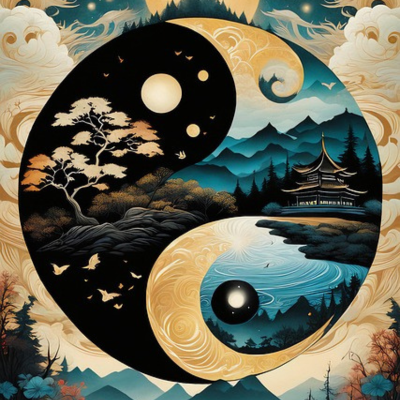
Wu Wei emphasizes living like a scientist who views every situation as an experiment, free from attachment to predetermined outcomes and thus avoiding the paradox of trying too hard.
When Effort Becomes Resistance
This is the energy that I was taught to work with by the behaviors I saw exampled to me by my parents, culture, and society.
I watched those around me break down with illness, constant injuries, and lots of anger explosions, and burnout.
I noticed in my twenties while going to college, juggling a marriage, business, home, and personal wellness that the harder I worked, the more life seemed to push back.
When I was in my early 20s I became very ill. My spirit felt dry, parched, and disconnected from the deeper rhythms of what I knew deep inside life could be.
I was living in resistance, trying to bend the river to my will because that was all I saw as an example from those around me.
When the illness became too much to handle, I knew I needed to take matters into my own hands.
I turned to herbal medicine, yoga, meditation & deep study into Qigong and TCM.

The beauty of this journey has been one of deep transformation. The Chinese practice of Wu Wei & flowing with the sacred feminine added so much to my existence.
Wu Wei: Returning to the Feminine Flow
Wu Wei, a concept originating during the Spring and Autumn period in ancient China and reflected in texts such as the Classic of Poetry, is central to Daoist philosophy.
This early Chinese thought emphasizes actions that are in harmony with the Dao, the natural way of the universe.
Jean François Billeter describes Wu Wei as a state of perfect knowledge, efficaciousness, and energy economy that conforms to the normative order.
At its core, Wu Wei is about allowing events to unfold naturally, rather than trying to manipulate them according to personal desires and abstaining from acting against life’s natural current.
In Taoism, Wu Wei teaches us to act without force and move in harmony with the natural flow of life.
It is the art of effortless action, of surrendering to the current rather than swimming against it.
As I explored this wisdom, I began to see that Wu Wei isn’t just about ease—it is an invitation to reconnect with the sacred divine feminine.
This energy, embodied in the element of water, is soft yet powerful, gentle yet unyielding. It is the essence of intuition, receptivity, and trust.
The energy we have programmed out of as we push ourselves to utter exhaustion.
Wu Wei asked me to release my grip on control, to step away from the masculine energy of striving and into the feminine energy of flow.
The Tao Te Ching and Wu Wei
The Tao Te Ching, a central text in Chinese philosophy, has a significant role in elucidating the concept of Wu Wei. Authored by Lao Zi, this text serves as a foundational guide for Daoist philosophy, providing wisdom on a variety of philosophical topics.
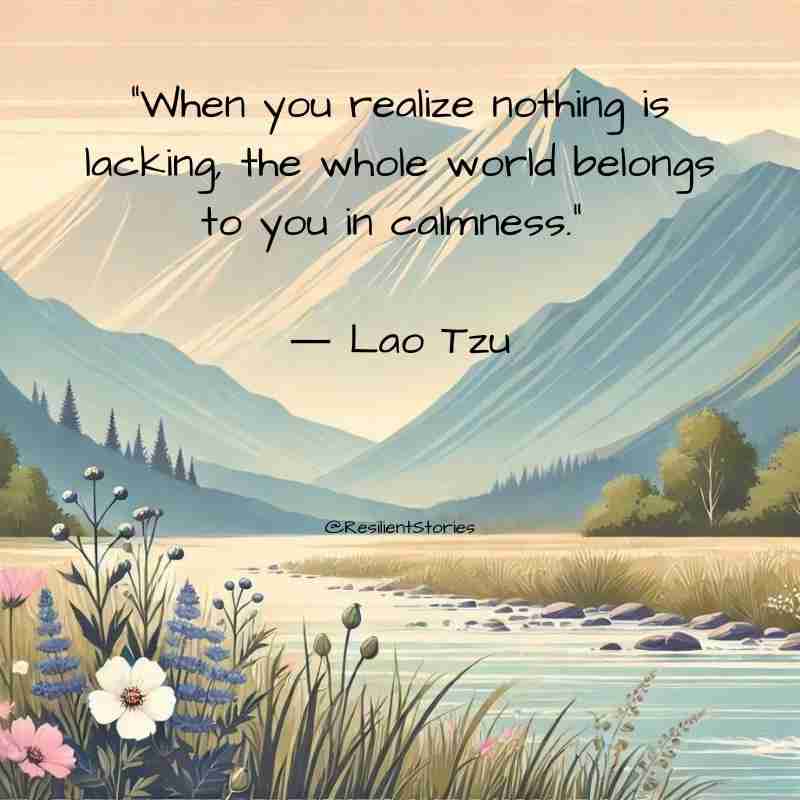
The Dao De Jing, also known as the Tao Te Ching, illuminates the crucial concept of Wu Wei in Daoist thought, deepening our current understanding of this principle.
Non-Action and Non-Doing
Wu Wei represents the idea of action through inaction, advocating for faith in the natural flow of events, instead of imposing one’s desires onto outcomes.
The ethos of Wu Wei is encapsulated in the phrase ‘try not to try’, which suggests relinquishing the need to control and instead allowing life to evolve organically.
As Wu Wei suggests, non-action involves harmony with nature and abstaining from resisting or manipulating natural events, thereby allowing organic results to emerge.
By mindfully observing situations and considering all options, Wu Wei posits that sometimes the best action is to pause or rest before responding, allowing for better adaptation.
I became obsessed with the water element and rekindled my relationship to the sacred waters. The messages of water are very Divine and transforming.
Water as the Sacred Divine Feminine
Water is the ultimate expression of the sacred feminine.
It holds within it ancient wisdom, teaching us how to live with grace, resilience, and surrender.
More than a physical element, water is a mirror of the soul—a reminder of how to flow with life’s cycles instead of resisting them.
In Taoism, winter is the season ruled by water. It is a time when rivers slow, lakes grow still, and snow blankets the earth in quietude.
In this season of pause, water reveals another aspect of its feminine nature: the sacred call to rest, heal, and restore. I now focus each winter on these beautiful qualities of this season.
• The Slowness of Winter: Like water frozen in ice, winter asks us to slow down. It is not a time for rushing or forcing but for surrendering to stillness. In this sacred pause, the body, mind, and soul and the space they need to heal.
• The Healing of Rest: Just as water replenishes the earth, winter replenishes us. It invites us to retreat inward, to reflect and nurture the seeds of intention that will one day bloom. This is the feminine way—to honor the ebb as much as the flow.
• The Deep Wisdom of Dormancy: Winter water, though still on the surface, is alive with potential. Beneath the frozen exterior, rivers continue to flow, and the earth quietly prepares for spring. The feminine reminds us that even in rest, life is unfolding in unseen ways.
Water in winter teaches us that healing is not found in doing but in BEing. It calls us to soften, to turn inward, and to trust that the stillness is as sacred as the movement.
Water as the Sacred Feminine
Water is the ultimate expression of the divine feminine.
It carries within it ancient wisdom, teaching us how to move through life with grace and power.
• Resilience in Softness: Water flows around obstacles, embracing the stones in its path rather than resisting them. It teaches us that softness is not weakness—it is strength.
• Adaptability in Change: Whether still as a lake, rushing as a river, or expansive as the ocean, water takes the shape of whatever holds it. It reminds us to trust the cycles of life and adapt to whatever comes.
• Nurturing in Flow: Water sustains life. It nourishes, cleanses, and heals. In the same way, the divine feminine nurtures our souls, inviting us to rest, receive, and trust the unfolding of our journey.
To embody the sacred feminine is to move like water: to trust the flow, to know that there is no need to force what is meant to be.
This is Wu Wei, true will.
The Shift: Embracing the Feminine Path
When I began to live in alignment with Wu Wei, everything changed.

The more I let go of the need to control, the more I felt held by something greater than myself.
My days became less about effort and more about intention.
I discovered that life flows toward us when we stop chasing it. I also noticed that the more I surrendered the more my community showed up to hold me as well.
It became a practice of expansion as well. The sacred feminine taught me that surrender is not giving up—it is opening up.
It is allowing the divine flow of life to guide us, much like water is guided by the gentle pull of gravity. Try it out for yourself and allow the sacred practice of Wu Wei to ow through your life.
A Practice: Cultivating Wu Wei Through the Feminine Flow
To connect with Wu Wei and the sacred feminine energy of water, try this simple 10-minute practice:
1. Create a Sacred Space (1 minute): Find a quiet place where you can sit undisturbed. Light a candle or place a bowl of water in front of you to symbolize the sacred feminine.
2. Breathe with the Flow (2 minutes): Close your eyes and take slow, deep breaths. Imagine the inhale as a wave rising and the exhale as a wave retreating. Feel the natural rhythm of your breath, like the tide.
3. Visualize Water’s Wisdom (3 minutes): Picture yourself as a stream owing gently through a forest. Feel how the water adapts to every twist and turn, moving effortlessly around stones and branches. Let this ow remind you of your capacity to move through life’s challenges with ease.
4. Reflect on Surrender (2 minutes): Think of one area in your life where you’ve been forcing or resisting. Ask yourself: How can I let go? How can I trust the flow of life in this moment?
5. Set a Feminine Intention (2 minutes): Place your hand over your heart and silently declare: I trust the flow of life. I release control and embrace the wisdom of the divine feminine within me.
Flowing Like Water
The sacred feminine invites us to release the burden of striving and instead to flow with life, trusting in its wisdom and timing.
Water reminds us that surrender is not passive—it is a sacred act of co-creation with the universe.
When we live in alignment with Wu Wei, we move like water: resilient, adaptable, and deeply connected to the rhythms of the divine.
Let go. Trust the flow. The river of life will carry you exactly where you’re meant to be. This is how you show up for the world and yourself.
Like the waters, we purify each other with our own growth and transformation.
Creating a new way for this humanity by the example of Wu Wei.
More About Tarah Peek
She serves as a Psychosomatic Spiritual Medicine Woman helping you return to your own internal medicine. As a mentor, herbalist, and intuitive energy channeler of Divine Power + Pure Love she works with several modalities of spiritual connection, and meditation.
Tarah is certified in embodiment practices such as yoga, medical qigong, biofield tuning & more.

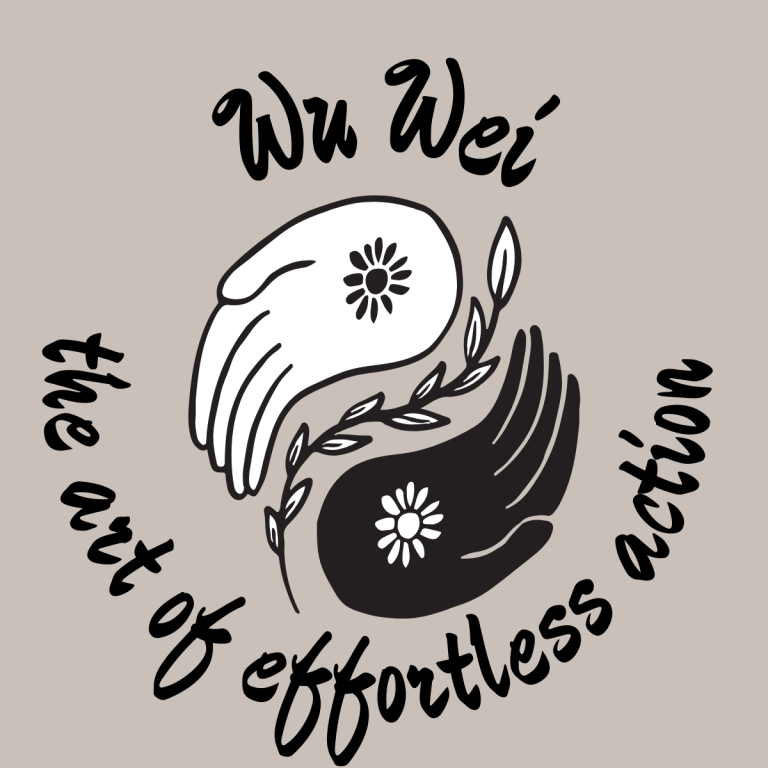

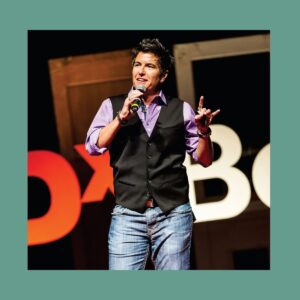

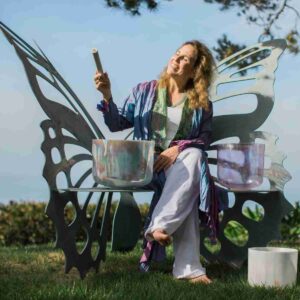






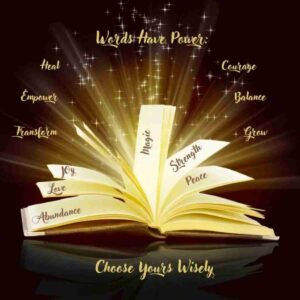
















0 Comments